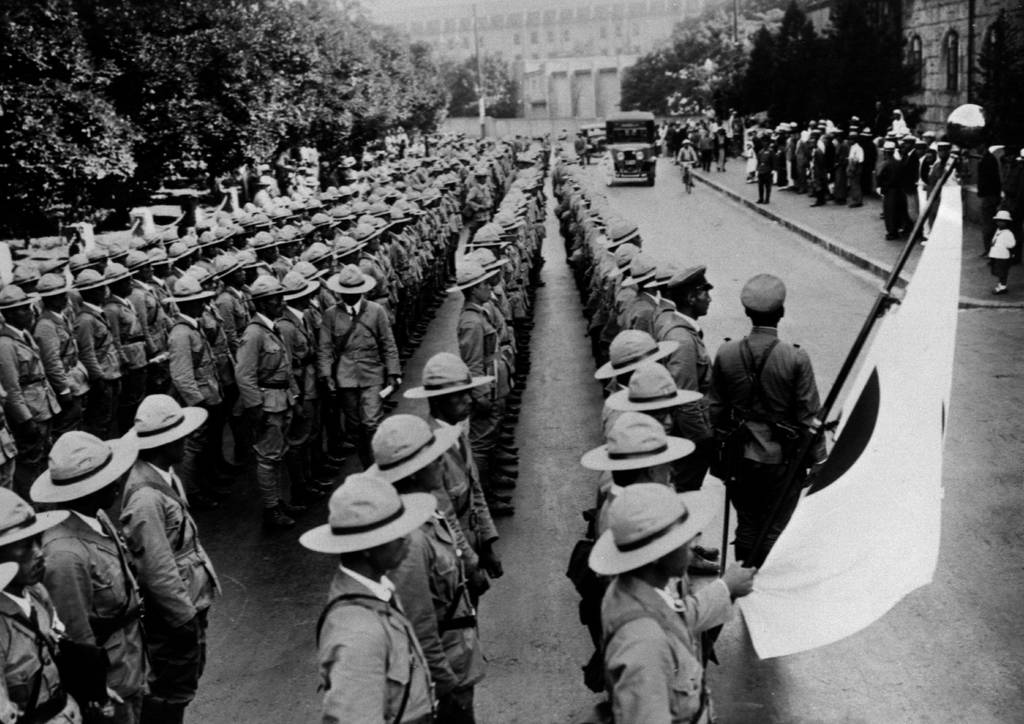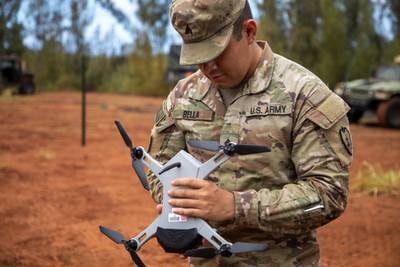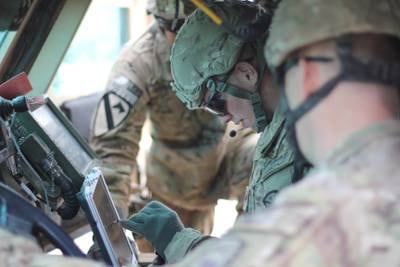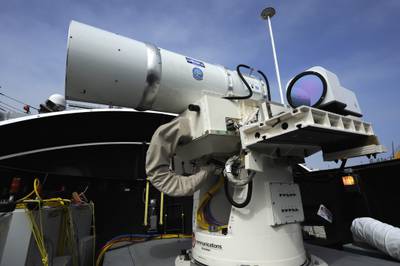SINGAPORE — Increased military spending is not in and of itself troublesome, but such fiscal measures could cause regional arms races if not for diplomacy and restraint, Singapore’s defense minister has warned.
Ng Eng Hen was speaking at the annual Shangri-La Dialogue in Singapore, which took place June 2-4. The International Institute for Strategic Studies hosted the event, which brought together defense ministers and military leaders from the Indo-Pacific region and the wider world.
Global military spending rose 19% during 2013-2022, and has grown every year since 2015, according to the Stockholm International Peace Research Institute, a Sweden-based think tank.
Ng cited this trend during his plenary speech on Sunday, adding that “within the Asia-Pacific region, without any physical conflict, combined military expenditures has increased to $575 billion,” he said.
Last year, the world spent $2.2 trillion on defense, according to SIPRI, with Singapore spending $11.7 billion of that.
Ng acknowledged that defense spending is core to deterrence. “But in the absence of a strategic framework of engagement and mutual restraint, cooperation despite competition, that balance tilts away from deterrence and the risk of conflict increases. In that context, the increased military spending veers towards an arms race with greater potential for destruction.”
The minister also called for Japan to improve relations with China for the sake of regional stability, noting tension remains as a result of World War II, during which Japan invaded China.
Asked how Japan could contribute more to regional security, Ng said the most important thing that Japan can do is “improve its relations with China,” noting “there is still a residual feeling” in Asia that there is no accountability for Japan’s actions during WWII like that of Germany.
This feeling is particularly strong in China, which lost Manchuria in 1931 and subsequently saw large parts of its territory invaded and occupied by imperial Japan between 1937 and 1945.
Last year, Japan spent $46 billion on defense, while China spent an estimated $292 billion, according to SIPRI data.
The Japanese military also occupied Singapore from 1942 to 1945. Ties between their defense forces have steadily improved in recent years, with Ng meeting his Japanese counterpart Yasukazu Hamada at the dialogue.
Both countries also inked an agreement concerning the transfer of defense equipment and technology over the weekend. It is a follow-up to an enhanced memorandum on defense exchanges that both countries signed in June 2022, and it establishes a legal framework for the import and export of defense equipment and technology between Singapore and Japan.
This provides the Singapore Armed Forces with more options to meet its training and operational requirements, according to a statement released by the country’s Defence Ministry.
Mike Yeo is the Asia correspondent for Defense News.








